
🚮 Litterati: The global team cleaning the Earth
Litterati is building an ecosystem to create a litter free world. When millions of people come together for a common goal, the impossible becomes reality, and lasting change happens.
Share this story!
Jeff Kirshner, Founder & CEO of Litterati was never an active environmentalist. Nor was he an engineer. He is a writer by trade. However, much of that changed one afternoon as he was hiking through the woods with his kids. His four-year-old daughter noticed a plastic tub of cat litter in a creek.
"Daddy, that doesn't go there."
That was the eye-opening moment for Jeff. His young daughter noticed and pointed out a very simple fact that all of us are aware of, but don't do nearly enough about.
Reflecting on that hike and his daughter's observations, Jeff tells us how he was reminded of a lesson he learned as a kid at summer camp.
"On visiting day, each camper would pick up five pieces of litter. 200 kids times 5 pieces of litter per kid, equaled a clean camp. So I thought, why not apply that same crowdsourced model to the world? And leverage technology to do it. That was the inspiration for Litterati.", he explains.
"What happened next was odd. I photographed a cigarette butt using Instagram. Then I took several more photos of litter and noticed two things happening.
Litter became artistic and approachable.
At the end of a week I had taken 50 photos (picking up every piece) and realized that I was keeping a record of the positive impact I was having on the planet."
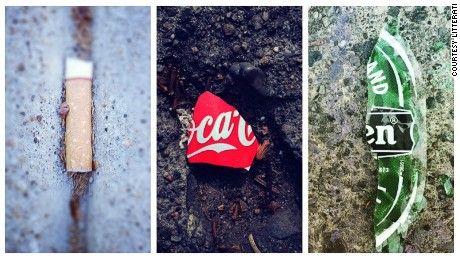
Litterati started as nothing more than a hashtag. Today, they have developed an iOS and Android app, and built a community in 165 countries, who have cataloged, mapped, and collected over 5 million pieces of litter.
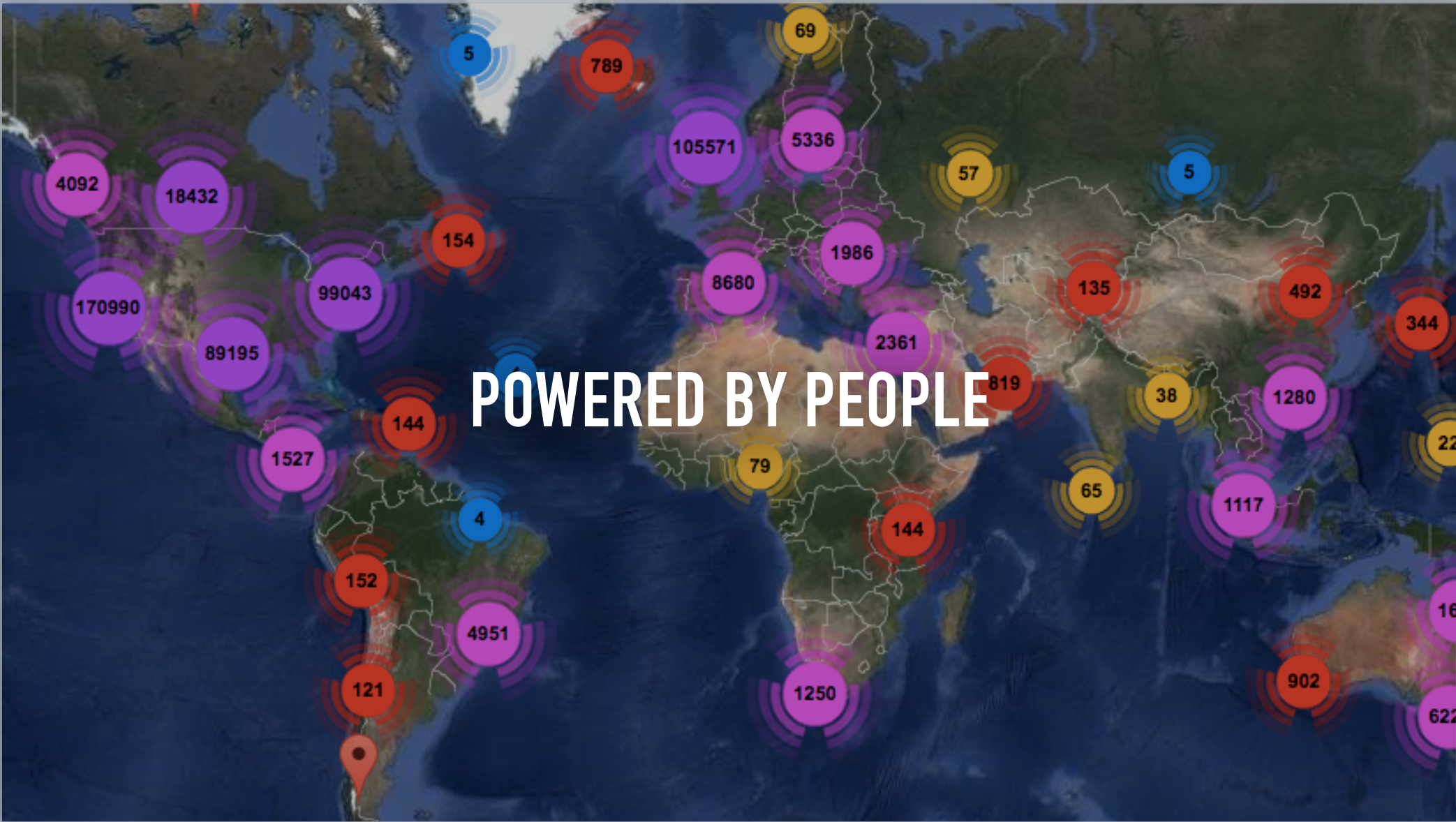
They've started implementing machine learning models to identify each object, material, and brand – data which is being used by cities, NGOs, schools, and brands. This Global Litter Database provides information that has been used to inform policy, influence more sustainable packaging, and inspire personal responsibility.
Litterati has created some impressive innovations and achievements, but what makes Jeff most proud is what the community has achieved. They are called Stories of Impact. Litterati knows that it doesn't matter if you're a student, a scientist, a global NGO, or a Fortune 500 company. They've seen major impacts and lasting changes made by people all over the Litterati community.
In Arnhem, Netherlands, citizens cataloged and collected more than 50,000 pieces in less than 4 weeks. Their data was utilized to map problem areas and identify the most common brands, while inspiring people to join in the larger effort. Just this past month, the Dutch community photographed and picked up 20,000+ knetterbals, a golf-ball sized plastic firework. As a result, the leading retailer Albert Heijn banned their sale, with two other retailers following their lead.
In San Francisco, California, the city leveraged the Litterati platform to measure the percentage of cigarette litter, which led to a $4,000,000 annual tax revenue from all cigarette sales. The city uses that money to bolster its cleanup efforts.
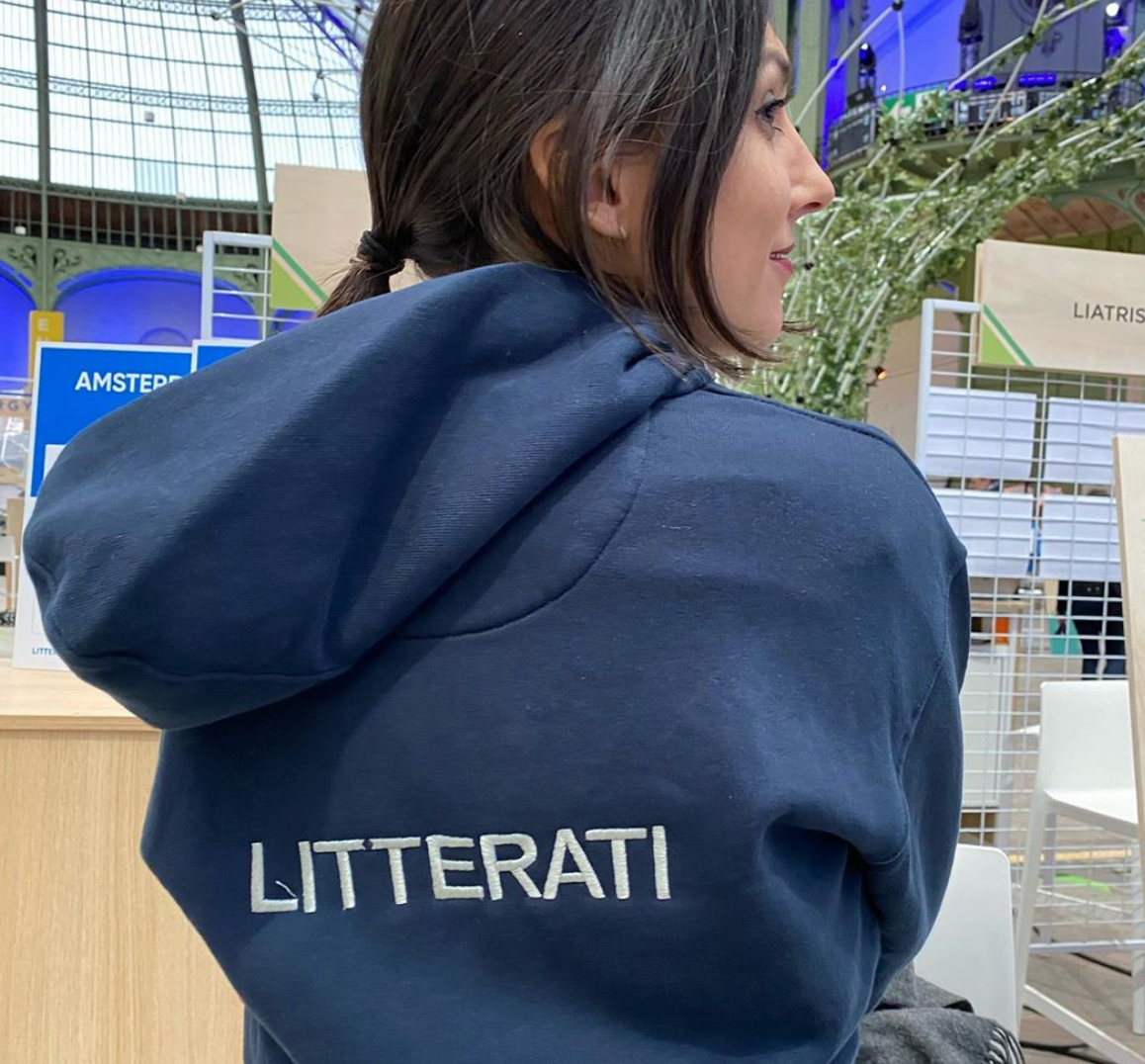
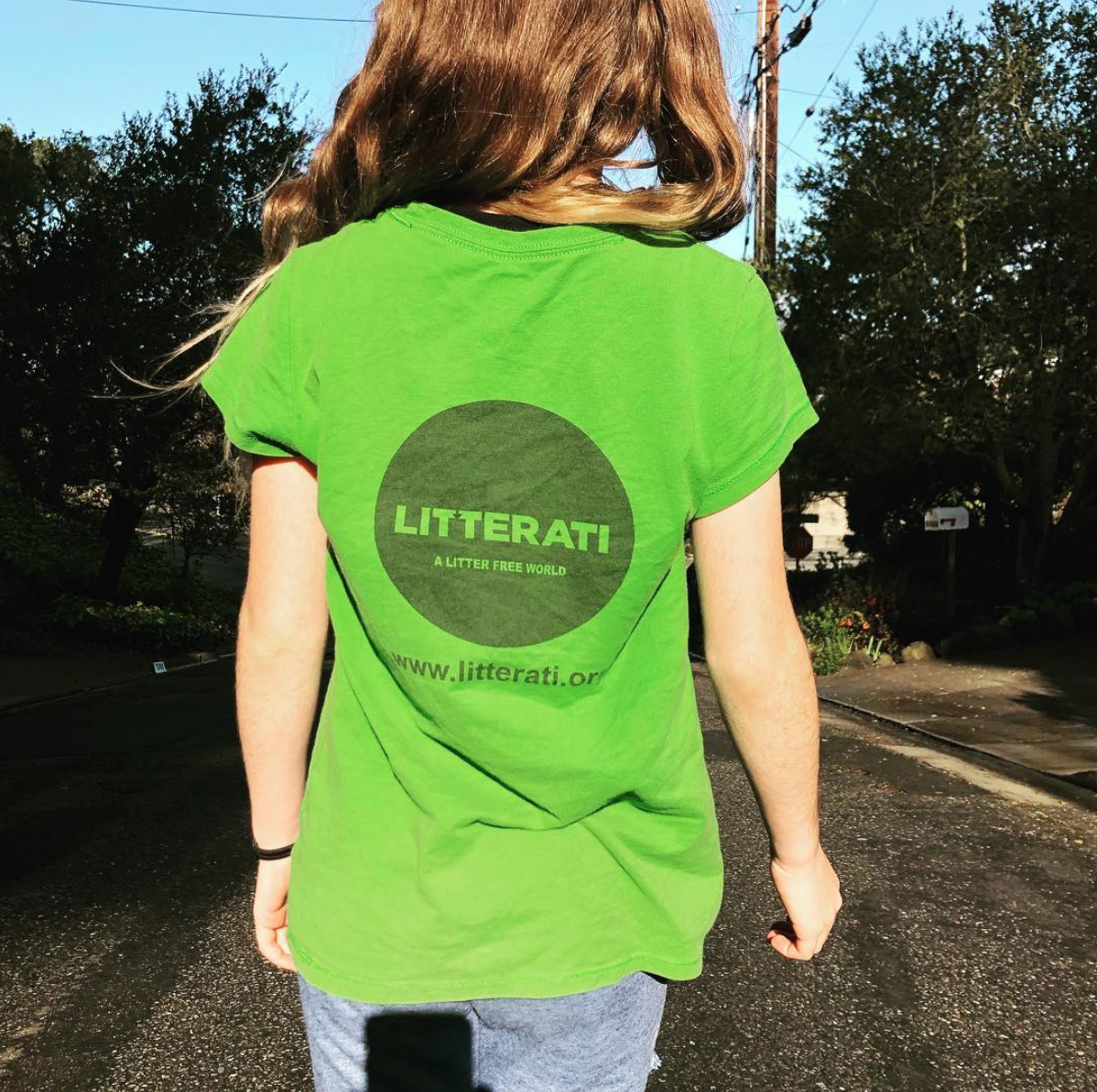
In Modesto, California, 5th graders picked up 1247 pieces of litter on their schoolyard. The data identified their school’s most common type of litter - plastic straw wrappers from their own cafeteria. Armed with this information, the students approached the principal and asked why the school was buying individually wrapped straws. So they stopped.
In Philadelphia, in 2019, Litterati launched a pilot program initiated by the City’s Mayor’s Office, integrating our technology into 12 public schools. Collaborating directly with Nic Esposito, Philadelphia’s Director of Zero Waste and Litter, we conducted a three month program, engaging 300 students who mapped, cataloged, and collected 13,000 pieces of litter.
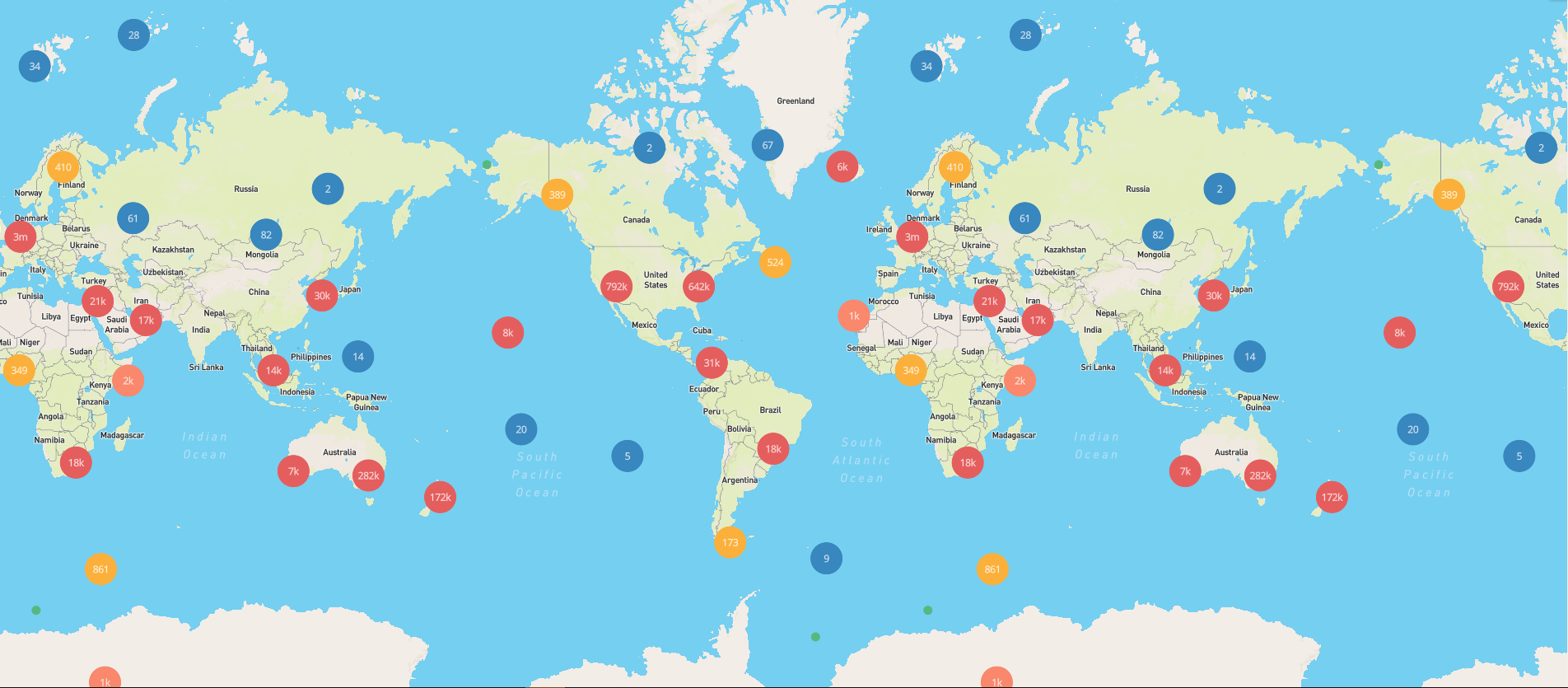
Litterati's goal is to create a tool that is simple, yet sophisticated. One that helps cities engage their citizens to collect data, understand their "Litter Fingerprint", and keep their communities clean. A tool that educates students, inspiring them to be tomorrow's environmental stewards. A platform that helps brands identify where their materials end up, so they can understand how to create more sustainable packaging.
"Perhaps most of all, our goal is to connect people around the world, empowering them to come together to create impact.", says Jeff.
At Warp Institute, our mission is to "Make the Future Come Sooner". So, of course, we asked Jeff to describe how he believes that Litterati is impacting the future for the betterment of humanity and the planet. Here is what he had to say:
"Whether it's climate change, ocean acidification, or plastic pollution, today's environmental problems are colossal and complex. People are overwhelmed. There's a demoralized sense of 'what difference would it make if I picked up that one plastic bottle?' But it does make a difference. Litterati is serving as that unifying force, demonstrating that it doesn't matter if you're in Stockholm, Seoul, or San Francisco. When we all take the same, simple action for the greater good, the impossible becomes the possible. Change happens and that feeling of being overwhelmed transforms into one of inspiration and empowerment."
So what can we in the Warp Community do to help? Join in the Litterati effort!
Download the Litterati mobile application and pick up your first piece.
Individually, you can make a difference. Together we create an impact.
By becoming a premium supporter, you help in the creation and sharing of fact-based optimistic news all over the world.


